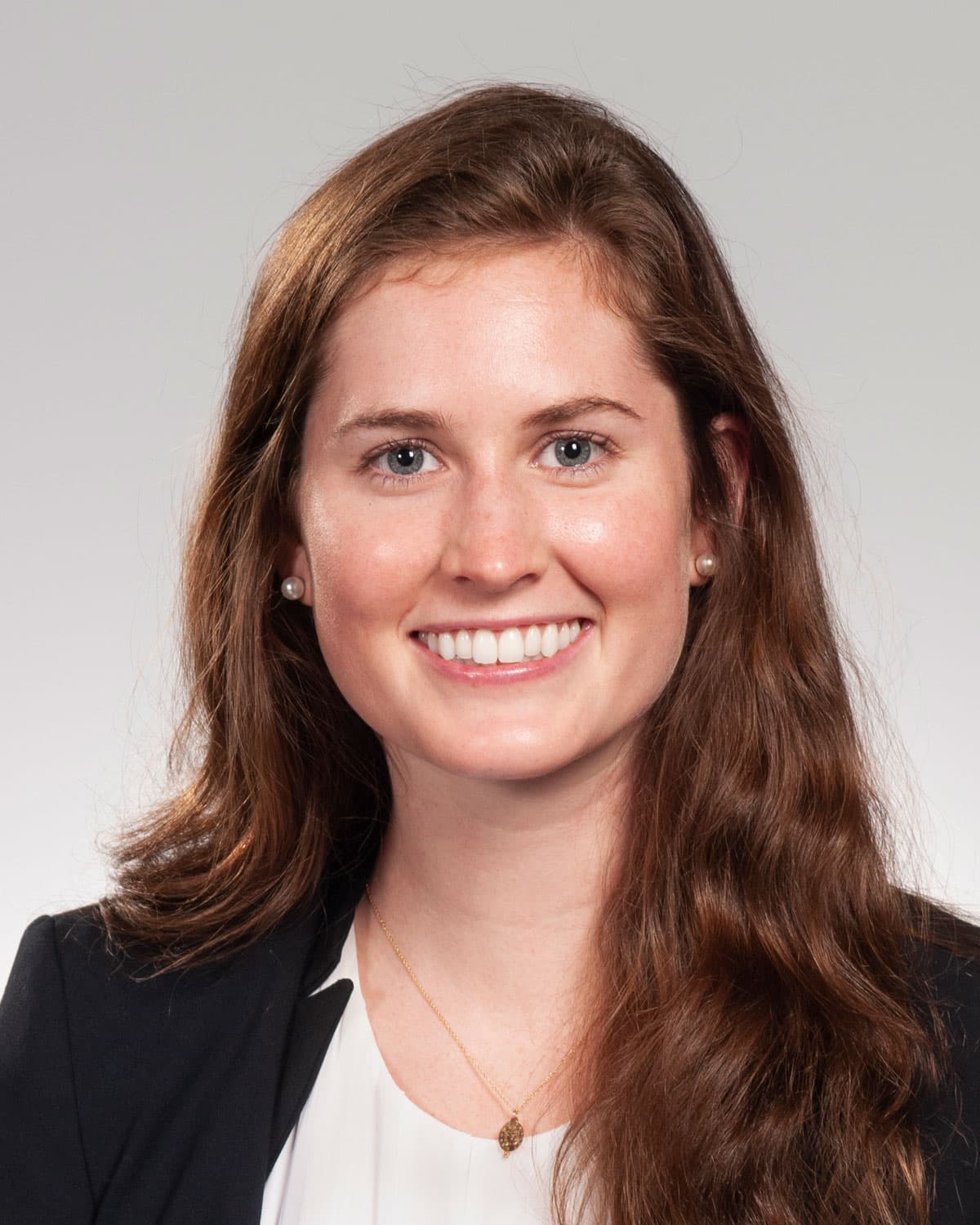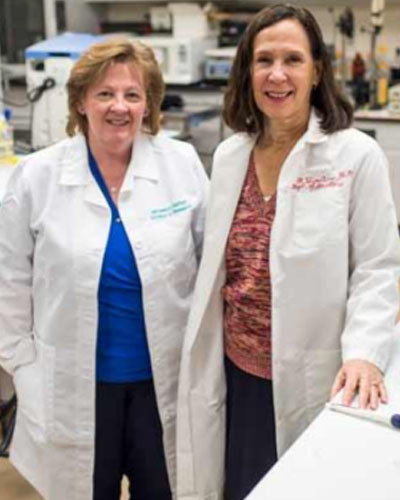PCOM faculty, staff and students focus on mechanisms of wound healing in the cornea,
lens and retina, and factors that support retinal function. Our researchers discovered
"Myo/Nog" cells whose contractions distort the lens after cataract surgery. This vision
impairing disease, called posterior capsule opacification (PCO), can be prevented
in animals by injecting a drug that kills Myo/Nog cells. Contractions of Myo/Nog cells
also may detach the retina after surgery. Although these cells contribute to visual
impairment, they also protect neurons in the retina. Supplementing the retina with
Myo/Nog cells reduces cell death and improves visual function in degenerative conditions.
Researchers are leveraging these findings to develop new therapeutic approaches to
preserve vision.




